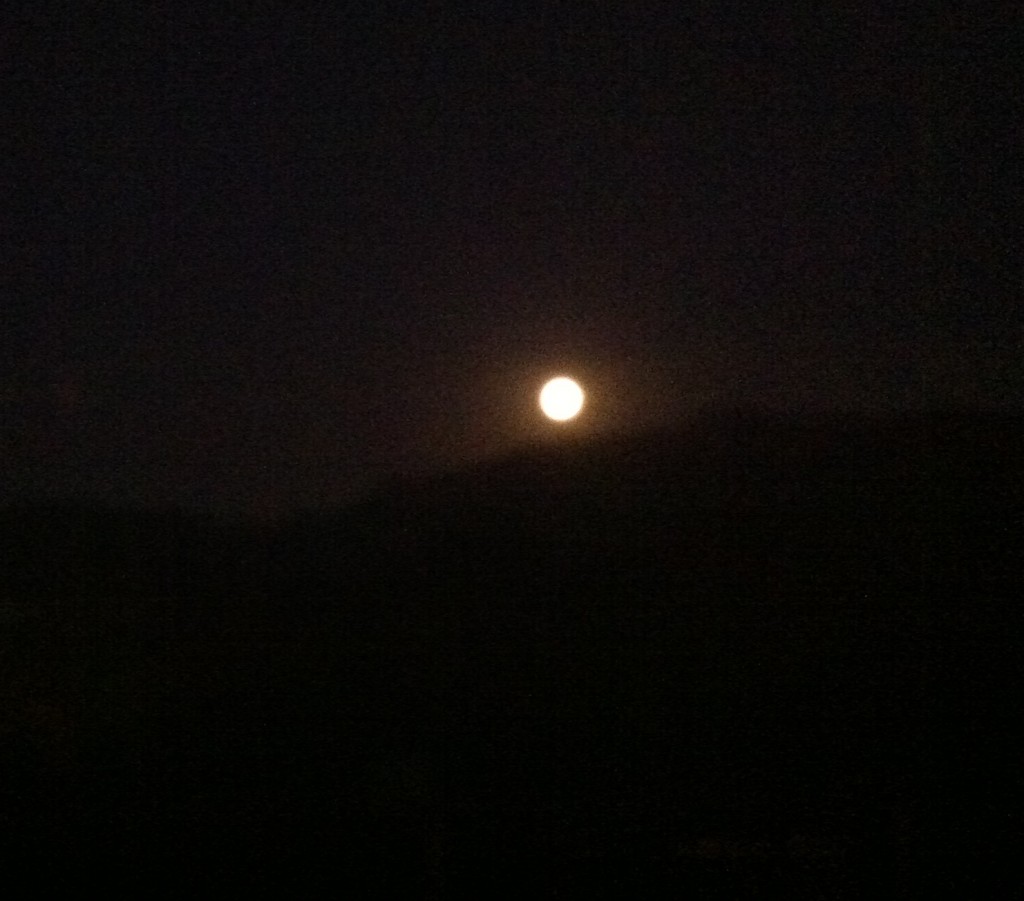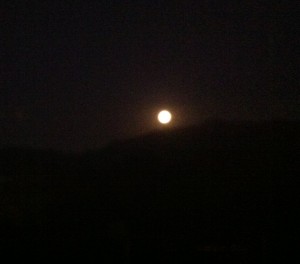Chinese culture has many traditions that are based on the lunar (and sometimes the solar) calendar and although they have now adopted the international standard of the Gregorian calendar*, these old traditions still surface in everyday life.
Example 1: the fall moon festival (中秋節) was this Sunday. To be honest, even after celebrating it, I am not sure of the hundred(s?) of years of background stories, culture, traditions related to this event. But basically, it is celebrated when the moon is full in the autumn equinox and seems like a time for Taiwanese families and friends to get together. While together, everyone grills 烤 and eats moon cakes 月餅.( You can see how discussion of legends isn’t exactly required in order to participate in these activities.) For the last week, people have literally been out on sidewalks everywhere in Taipei, grilling everything from meat to mushrooms, to veggies, to fish on little portable grills. Even last night, I was still passing groups crouched or sitting on low stools in front of store fronts and houses. Sometimes everyone is in uniform – clearly the employees from a business in the building they are set up in front of – but sometimes the relationships between the participants (friends, family, neighbors) is up for the passerby to speculate about.

Funny enough, the barbequing tradition in Taiwan actually isn’t an ancient tradition, which anyone older than 40 might bring up. Conversely, this custom got started by some very effective advertisements in the 1980s (I admit to not having researched this really thoroughly, but it’s on this government website, so even if it’s just hearsay, then it’s still Official Hearsay).
Example 2: a few weeks ago – in fact maybe one of my first weeks here, I was sitting in my cubicle, minding my own business, nothing too much to make of that. It was about 11:30 am when suddenly I am contacted by two people from the research group that I’ve joined. One of them came to my desk to talk to me, and the other sent me the following instant messages:
– Are you in the office?
-Yes
– Good, don’t go for lunch, we have a lunch box for you. From Jil, one of our assistants, for celebrating her baby being born for a month – 滿月I’ll send over.
Of course, I was utterly surprised and vaguely confused by the what was occurring when it was first broached. A little bit later, I remembered some stories that my dad has told related to 滿月 festivities. And a little bit later after that, I had lunch delivered to my desk. Yum!

The basic idea of 滿月 is captured as mentioned in the above conversation – when a baby has reached one month of age (29 or 30 days, depending on sex), ceremonies and celebrations take place. Maybe you noticed that this doesn’t strictly have to do with the lunar calendar, which is the topic that I used to bring up this event. But you maybe also noticed that 月餅 and滿月share a character – which is the character for both “moon” and “month”, just reminding me of their roots and how these customs grew out of using the moon to mark the passage of time.
And don’t misunderstand the tone in title of my post: I’m just kidding around and not belittling these traditions as “outdated” or “silly”. When it comes right down to it, I actually find that I do use the waxing and waning of the moon when I note time passing in my life.
* Actually only partially true. According to the Taiwanese method of calculating years, the year “zero” occured in 1912 when the Republic of China was first founded. This has already gotten me in trouble with multiple official forms.


We have enjoyed several of these ” happy month old baby boxes” since your dad started working in China. They always include red hard boiled eggs and sticky rice. The other ingredients seem to vary. It is certainly different from the custom in our country, where everyone gives gifts for the baby.